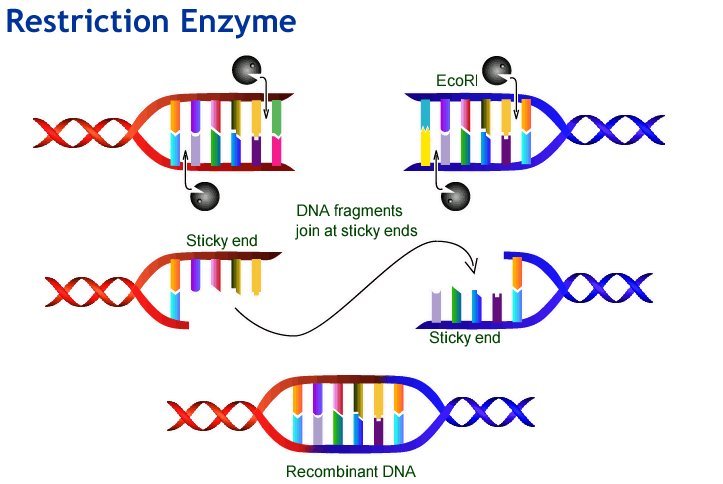The discovery of recombinant DNA technology in the mid-1970s opened a new era of genetic engineering, propelling science and medicine to greater heights. It transformed the way scientists study and manipulate DNA, paving the way for new advances in genetic modification, diagnostic testing, and drug development.

Recombinant DNA technology involves the isolation and manipulation of DNA fragments from different sources, which are then joined together to create novel DNA sequences. By combining pieces of DNA from different organisms, researchers can create new genetic material that can code for new proteins, enzymes, and other biologically important molecules.
One of the earliest applications of recombinant DNA technology was in the production of human insulin. Prior to the discovery of recombinant DNA, insulin was sourced from animal pancreases, which could cause allergic reactions in some patients. With recombinant DNA, scientists could engineer bacteria and other microorganisms to produce human insulin in large quantities, leading to the development of safer and more effective treatments for diabetes.
In addition to insulin, recombinant DNA technology has produced a wide range of other useful products, including vaccines, growth hormones, and enzymes for industrial processes. It has also revolutionized genetic research, allowing scientists to study the function of specific genes in both healthy and diseased tissues.
Despite its many benefits, recombinant DNA technology is a controversial topic, with some people concerned about the potential risks associated with genetically modified organisms (GMOs). Critics of GMOs argue that they may have unintended consequences, such as the creation of new diseases, the spread of antibiotic-resistant genes, and environmental damage.
To address these concerns, scientists and regulators have developed strict guidelines for the use of recombinant DNA technology, which require that any genetically modified products be extensively tested for safety before they are released into the environment or used in medical treatments.
Overall, the discovery of recombinant DNA technology has opened up new opportunities for scientific research and technological advancement, while also highlighting the importance of responsible science and ethical decision-making. As the field of genetic engineering continues to evolve, it will be up to scientists and policymakers to ensure that these new technologies are used responsibly, for the benefit of all.